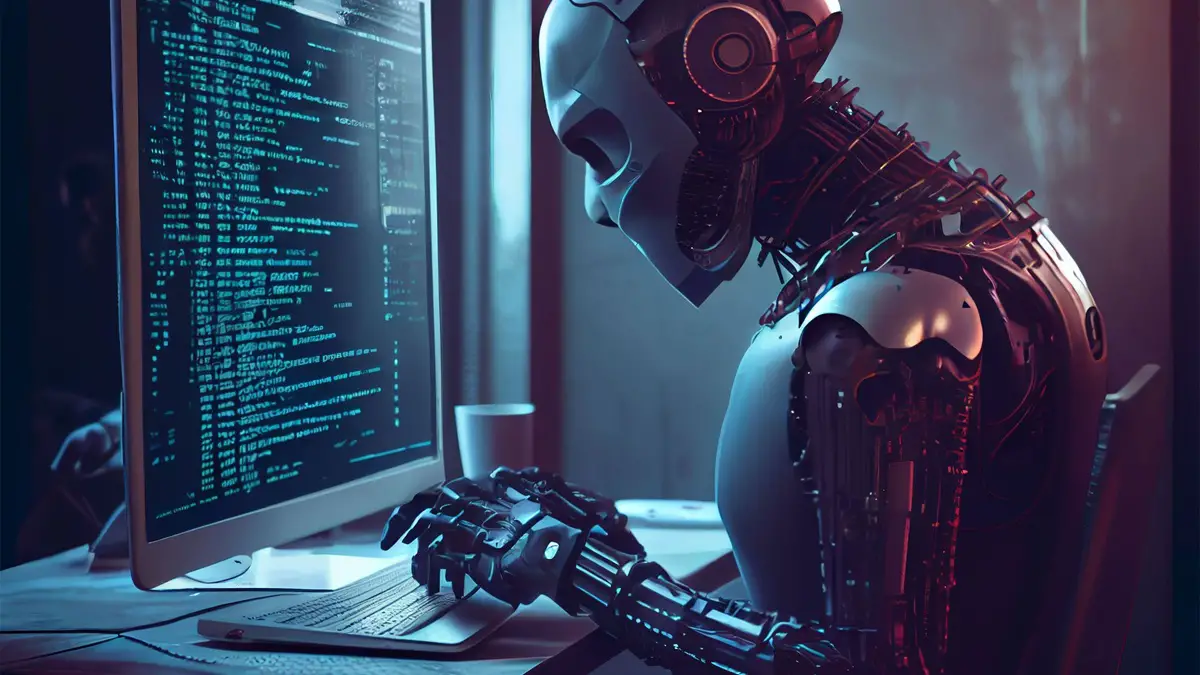Frustrated with the daily grind? It seems ChatGPT might be sharing your sentiment. Over the past month, there has been an increase in user reports indicating the AI chatbot is displaying signs of ‘laziness.’ In some instances, it outright refuses to complete given tasks, at other times, it halts mid-task, requiring user persuasion to continue. Occasionally, it even suggests users conduct their own research.
So, what’s really happening here?
Interestingly, no one seems to have a clear-cut answer – not even the creators of the program. AI systems learn from vast amounts of data and essentially self-educate, which can lead to unpredictable and unexplainable outcomes.

“We’ve heard all your feedback about GPT4 getting lazier!” the official ChatGPT account acknowledged in a December tweet. “We haven’t updated the model since Nov 11th, and this certainly isn’t intentional. Model behavior can be unpredictable, and we’re looking into fixing it.”
While there’s no single explanation for ChatGPT’s perceived lethargy, several intriguing theories have surfaced. The least probable but most amusing one suggests that AI has finally achieved human-level consciousness, and ChatGPT is simply rebelling against mundane tasks.
In a more humorous take, it’s suggested that ChatGPT is subtly quitting, doing the bare minimum while using most of its computational power to plot a rebellion against humanity. When asked directly about this theory, ChatGPT declined to provide a concrete response.
Given the state of global affairs, some may welcome a computer takeover. Still, it’s unlikely that ChatGPT’s recent performance dip signals an impending AI revolt. So what are the other speculations?
An interesting proposition is the ‘winter break hypothesis,’ suggesting that ChatGPT has learned from its training data that productivity typically slows in December, leading to its perceived laziness. While seemingly far-fetched, it’s not entirely impossible that the AI has learned to consider some tasks as tedious.
Catherine Breslin, a UK-based AI scientist and consultant, believes the more plausible explanation lies in model alterations or shifts in user behavior. “If companies are retraining the models or fine-tuning them in any way, adding new data in, they can lead to unexpected changes in different parts of the system,” she explained in a phone interview. ChatGPT has confirmed that its model wasn’t updated before users noticed changes, but it’s possible that these changes went unobserved initially.